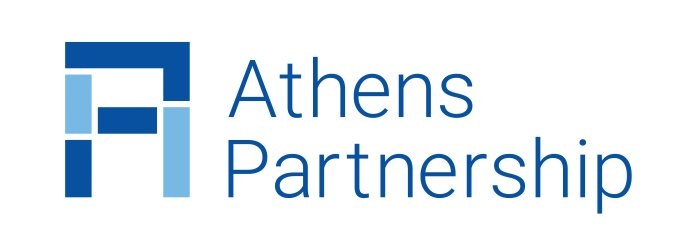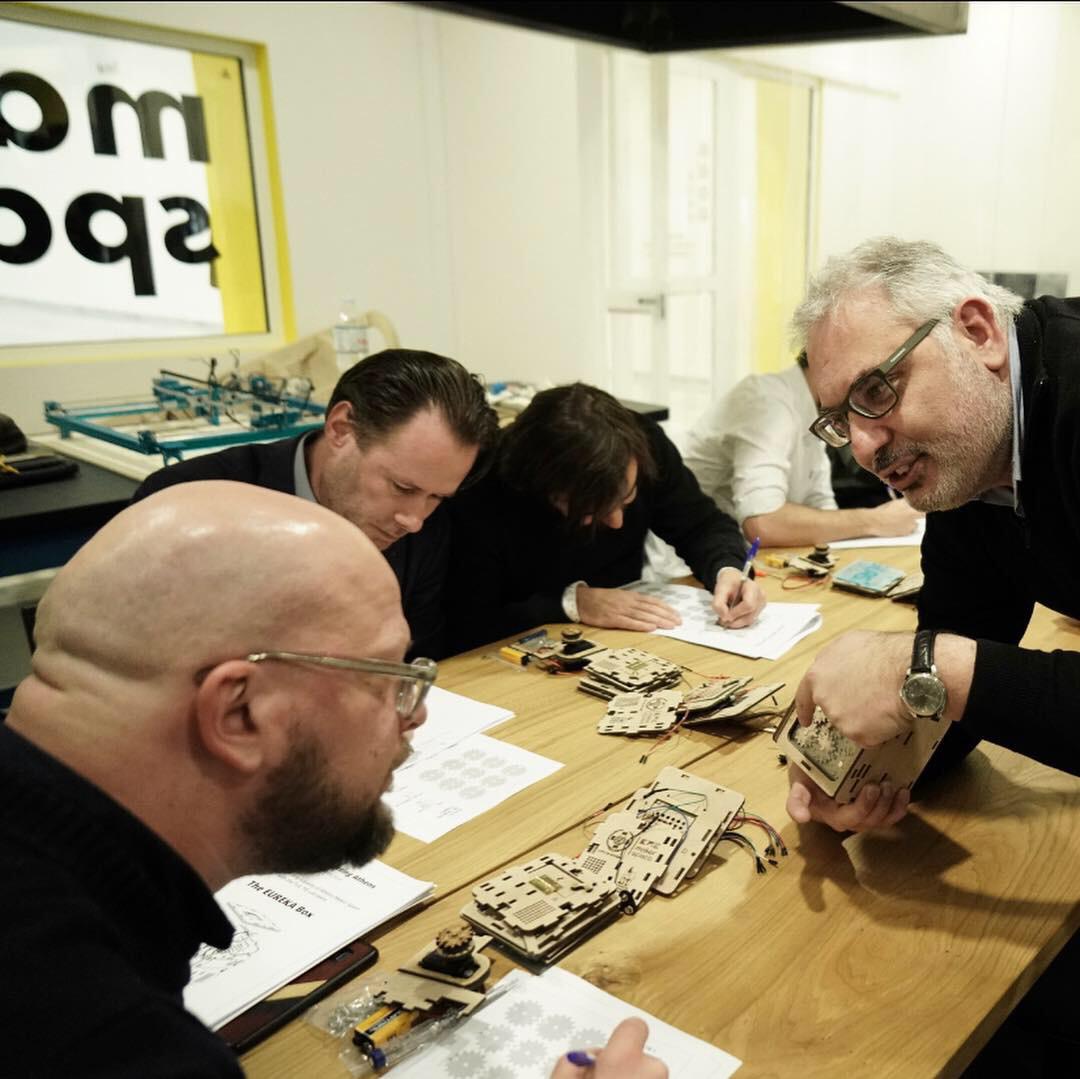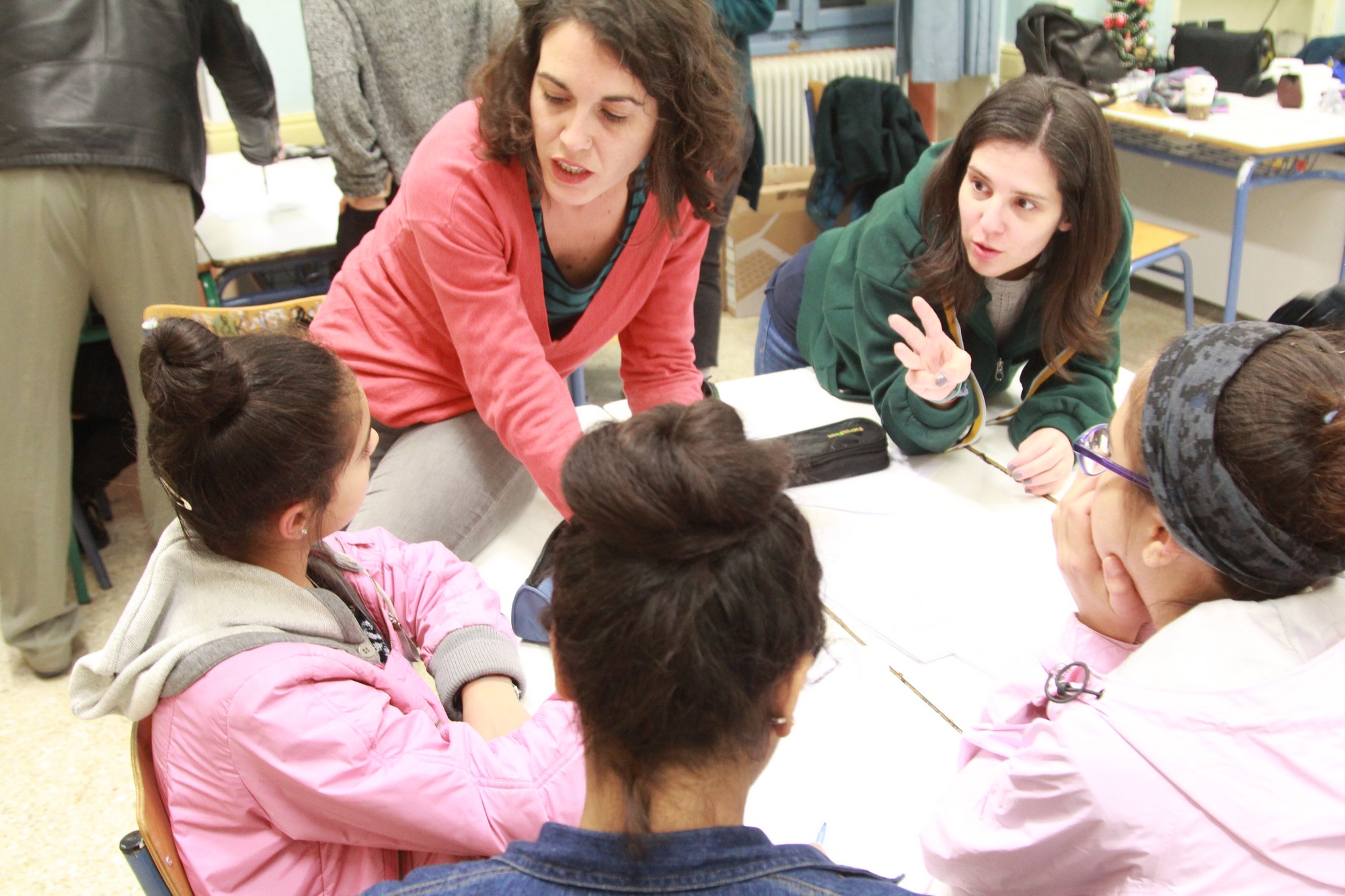Mothers of children with special needs talk about Athens Open Schools
A significant portion of the 500 free Athens Partnership Open Schools activities, offered in 20 neighborhoods, are targeted to disconnected residents. Creative activities for children with autism and pervasive developmental disorder (PDD) include sports, painting, music and storytelling, aimed at children ages 7 to 14. At the 9th Special Primary School in Goudi, these activities are facilitated by special instructors from the Epilogi social enterprise.
We spoke with a newly formed group of 7 mothers from different neighborhoods in Athens, who bring their children each week to Goudi. Here are some words they shared over coffee in a neighboring café about their experiences.
AP: What brought you to Athens Open Schools?
Katerina: Before my experience at Athens Open Schools, I had not come in contact with other parents of children with autism, despite the fact that my child attends a special school. As a result, I usually felt lonely and marginalized associating with other parents. Through my son's involvement in this activity, I have now met parents who face the same daily challenges as I do and, most importantly, my child is happier, calmer, and more involved in everyday life.
Anna: There are not many organizations that offer free activities for children with special needs, and it is difficult for parents to always pay for something that should be provided free of charge, such as Athens Open Schools. It is not easy for me to travel here from home, which is in another part of Athens, but honestly, this is of no importance, when I see my child enjoying himself, socializing and making new friends.
AP: What has your child gained from this activity?
Maralenda: My son is more tranquil, his obsessions and stereotypical behaviours have receded. He functions better within a team and has more appetite for play. As for myself, I also came out of my shell, because I had closed up a lot; I have met other moms and started socializing again.
Violetta: It is the third year that my child has taken part in this program and during that time he has opened up socially- he is trying new activities, such as exercise. I have also met other people and made new friends.
Christina: Through this activity, my son now expresses himself more with me as well as other people. In addition, I have gained some free time for myself.
AP: What else has the Athens Open Schools program brought to the neighborhood?
Aspasia: Because the school remains open late, there is a guard and the courtyard is filled with people, it’s safer for all of us walk around the neighborhood.
To support these families through Open Schools and other AP public programs, please donate now.
























